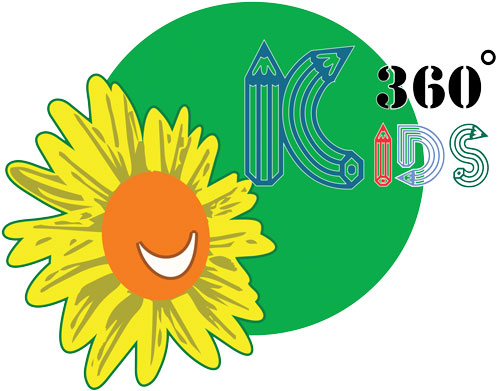
Learning Expectations
Oral language is the basis for literacy, thinking, and socialization in any language. All young children need learning experiences that help them understand, acquire, and build on oral language. The foundations of language development and literacy begin to be established at birth and continue to be built through interaction and communication with adults and other children at home, in child care, in the community, and at school. To foster the language development necessary for literacy, our playschool program is rich in language-oriented activities and resources that build on prior knowledge, that are relevant to the lives of young children, and that provide opportunities for thinking, problem-solving, and experimenting.
Children come to play school with vastly different experiences and levels of exposure to literacy. All children are able to learn and can benefit from classroom experiences that emphasize literacy. On the basis of ongoing assessment and observation, teachers will recognize that some children will require additional support in the form of focused literacy instruction and experiences to develop literacy. It is important that teachers make adjustments to instructional strategies where necessary, and maintain high expectations for all children.
